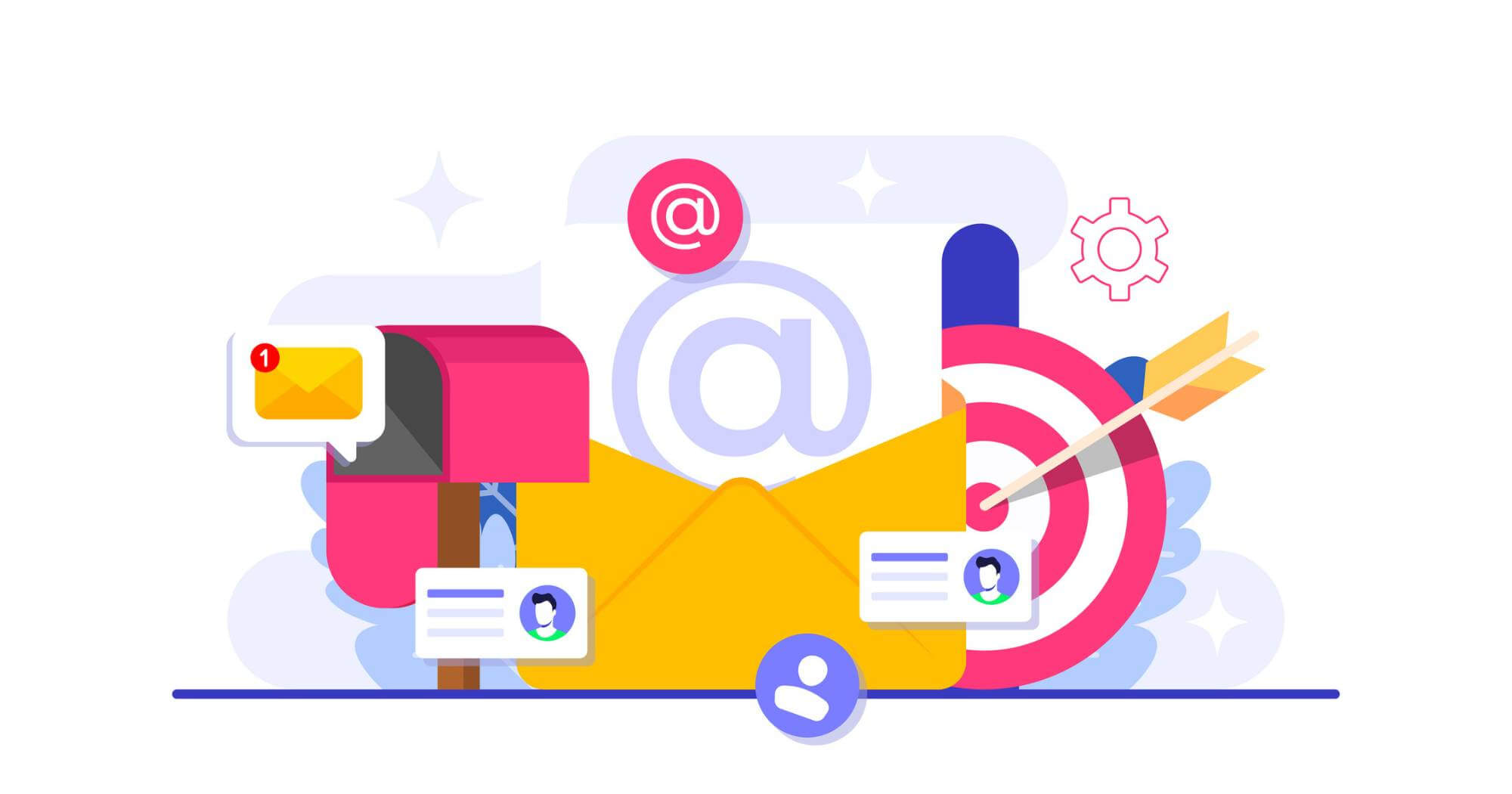If you’re setting up a business and want to advertise your products or services online to draw in new customers, you will need a website. However, the last thing you want is a slow, lagging site that people will simply leave after a few seconds. So, to prevent potential customers from going to your competitors instead, here are our six top tips on how to increase page load speed.
How to optimise your website speed
1. Start with your images
One of the biggest factors impacting the loading speed of your website is your images. Including high-quality images can really improve the presentation of your site, but if you have too many of them, especially really large ones, you’ll drastically slow down your loading speed.
If you don’t want to reduce the number of images on your site, look into compressing and optimising them instead. This is much easier to do than many people realise, with plug-ins available that will reduce the size of your images without impacting their quality. There are also websites that you can use for this, which can reduce the file size of your images by up to 80%.
2. Use a CDN
CDNs, or content distribution networks, are large networks of servers that work together to provide fast delivery of Internet content. The way this works is that duplicate versions of your site are saved across different locations at data centres.
Thanks to CDNs, requests for data don’t have to be sent all the way to the host server and back, often through multiple networks across thousands of miles. This means that users can expect faster and much more reliable access to your website.
3. Minimise HTTP requests
Reducing the number of HTTP requests can be very important for increasing the loading speed of your website. Each asset on your page requires a separate HTTP request to be made, which can take a long time to process. Every image, script or CSS file is linked to a separate request. For this reason, it’s best to keep the number of assets on each page to an absolute minimum.
Another way to understand the root of this problem is to run a speed test, which we can do for you here at Fifteen. This can help to identify which of your assets are the most troublesome in delaying the loading time of your website. Once you’re aware of what elements are causing an issue, you can find better ways to combat them.
4. Avoid redirects where possible
A redirect is when a user clicks on one page but is sent to another. This can add a couple of extra seconds to the time it takes for them to access your content, which can be crucial when trying to retain customers and improve user experience.
There are times when it’s impossible to avoid using redirects, such as if you’re moving to a new site, but you should avoid using them altogether unless they are absolutely necessary.
5. Minify CSS, JavaScript, and HTML
This might sound technical, but it simply means removing unnecessary characters, spaces and comments from your code to reduce file size. With cleaner code, a website can subsequently load much faster; however, it is a long and arduous job to undergo manually. If you want to minify your code, the best and most time-efficient option is to use a plugin which can do the job automatically. All you will need to do is configure it to your preferences.
6. Optimise your WordPress website
There are a few ways you can improve your website speed through WordPress. The first place you’d want to start, and as we’ve mentioned above, is optimising your images. Oversized images are the biggest cause of a slow WordPress site. We recommend a WordPress plugin called Smush, as it allows you to compress images once they are uploaded.
Our second tip to improve your website speed on WordPress, is to enable caching which allows your data to be stored locally in temporary storage. You’ll also want to keep all your plugins up to date as they can reduce your site speed in several ways. Generally, it’s not the number of plugins that reduce the page speed, but in fact the quality of these plugins.
How can Fifteen help increase page load speed?
If you want your website to offer a good UX and avoid long loading times – which will increase your bounce rate and encourage potential customers to go to your competitors! – you should try one of these tips. These will allow your site to run much more smoothly and the effort will definitely be worth it.
If you need a helping hand with reducing your website load speed, we can help. Our expert team can do all of the above and more to ensure your website is performing to its best ability. Take a look at our full range of digital marketing, web design and web development services today and get in touch with us with any questions you may have.




